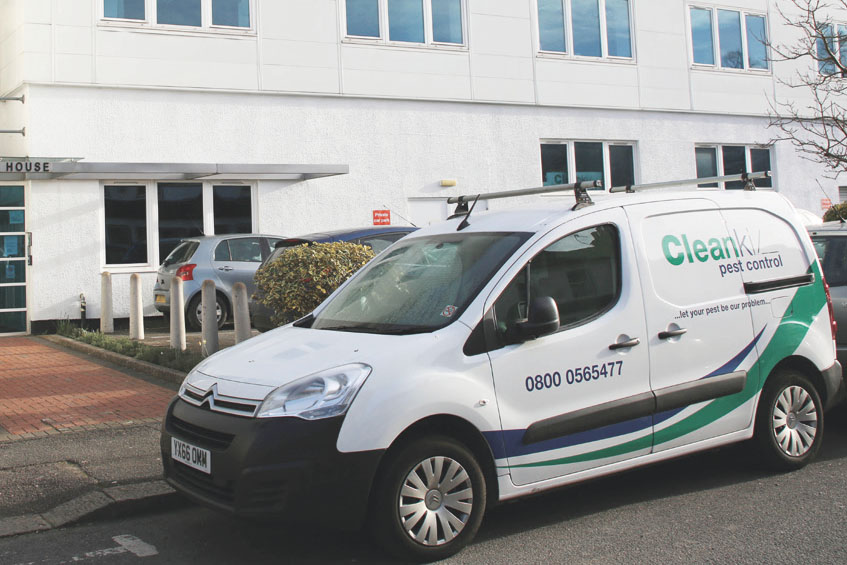
Never has one investigation report been so eagerly awaited by so many. We are of course talking about Sue Gray’s limited report into the infamous Downing Street alleged “gatherings”. The general findings of that report commissioned by the Cabinet Office make interesting reading for business leaders and HR professionals. It is a sobering reminder of a number of issues that need to be considered when faced with potential misconduct and possible criminal issues involving senior staff. Let’s look at some of those issues.
Grievances and Whistleblowing
Sue Gray Report – “Some staff wanted to raise concerns about behaviours they witnessed at work but at the time felt unable to do so.”
Where senior staff are involved in potential misconduct it can be difficult for junior staff to raise issues without fear of reprisals or detriment.
Grievance policies need to have a clear pathway for escalating concerns beyond the senior manager who may have been involved in the conduct or who may feel compromised dealing with a complaint raised against their peers.
Whilst HR may be able to navigate the sensitivities, consideration should be given to the appointment of an external independent resource where there is potential for later challenge as a result of individuals being ‘protected’. The ability to use external resources will also encourage employees to feel that complaints will be properly considered, giving credibility to organisations promoting transparency and fairness.
Where concerns extend to conduct that impacts a wider number of people and relates to potential unlawful behaviour, the grievance process is unlikely to be the right route to follow.
All companies should ensure they have a well-publicised and accessible Whistleblowing Policy setting out details of the type of disclosures that are covered and the way in which disclosures should be made.
Confidentiality and anonymity are often key requirements for employees who want to raise serious whistleblowing concerns, and without these protections, disclosures are unlikely to surface and poor practices and behaviours are likely to flourish.
Alcohol at work
Sue Gray Report – “Excessive consumption of alcohol is not appropriate in a professional workplace at any time.”
Employers have a balancing act between a zero-tolerance approach to alcohol at any work functions and allowing employees to adopt their own common-sense judgment to alcohol consumption in the workplace. Most employers, save for where safety or legislative requirements are in place, don’t ban alcohol during working hours as they take into account the possibility of a client lunch or after work drinks. When the equilibrium of employee judgement is tipped the wrong way however, the alcohol policies are dusted down and we often see the emergence of zero tolerance policies, as demonstrated by the approach of Lloyds of London to the insurance sector “drinking culture” several years ago.
If employees are to face disciplinary action due to alcohol consumption at work, employers need to look at not only what their alcohol policies say but also the custom and practice of what has been allowed, who has allowed it and be consistent in their approach with all employees.
Allowing leadership to engage in boozy lunches won’t look good when seeking to discipline more junior staff because they’ve enjoyed a pint over lunch with a colleague.
Criminal investigations v employment investigations
Sue Gray Report – “There is significant learning to be drawn from these events which must be addressed immediately across Government. This does not need to wait for the police investigations to be concluded.”
Perhaps the most concerning aspect of the report from an employment angle is its brevity and potential to stall individual employment investigations due to the pending Metropolitan Police investigation. The police will want to question witnesses before individual internal misconduct allegation investigations take place and may request that no further action is taken against individuals pending the outcome of the police investigations, so as not to prejudice the investigation.
Even where the employer is not told by the police it cannot proceed with its own internal employment investigations, where there are ongoing criminal proceedings, the employer may have no choice but to wait as a result of an employee request to delay the process. Employees may fear that evidence they give during the course of the internal employee investigation could be used for the purpose of criminal proceedings and prejudice their position in those proceedings.
But what if that takes months or even in some cases years for criminal proceedings to be disposed with? Can the employer proceed on the basis of the information they already have, or should they wait and rely on the outcome of the police investigations? A fair disciplinary process includes the need to carry out a fair investigation and not only rely on external police investigations. Therefore, before making any disciplinary decisions the employer needs to show they have carried out a fair and thorough investigation and have given the employee the opportunity to make their own representations.
Sue Gray’s robust statement for the Cabinet Office to take action now shouldn’t be seen as a green light for employers to always take action prior to the conclusion of a criminal investigation. Cultural and organisational changes can be made, but Sue Gray was not recommending individual disciplinary action takes place in respect of employees prior to the police outcome, which could see individuals sanctioned for breach of Covid regulations.
Whilst “partygate” will continue to create political headlines for weeks to come, it shouldn’t be forgotten that there are dozens of employees waiting anxiously to see the impact on their continued employment, and those who may be exited are unlikely to go quietly unless they feel they have been treated fairly.
For further advice in relation to the above article, our Employment Group will be able to assist you.
Please contact Employment Partner Rebecca Thornley-Gibson by email rebecca.thornley-gibson@dmhstallard.com or by phone on 020 7822 1582.





